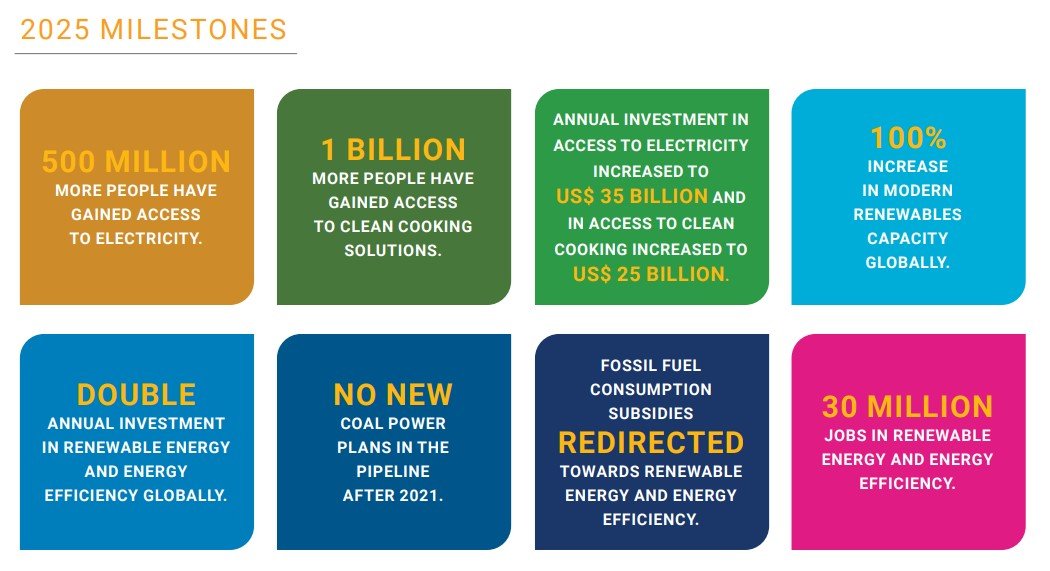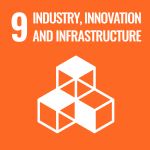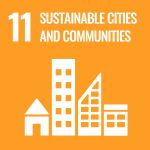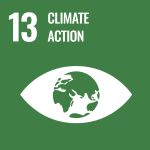
Climate Leadership from the United Nations
Solving our global warming problem requires participation of people and organizations from around the world

UNITED NATIONS: Sustainable Development Goals and Focus
The 2030 Agenda for Sustainable Development, adopted by all United Nations Member States in 2015, provides a shared blueprint for peace and prosperity for people and the planet, now and into the future. At its heart are the 17 Sustainable Development Goals (SDGs), which are an urgent call for action by all countries – developed and developing – in a global partnership.
They recognize that ending poverty and other deprivations must go hand-in-hand with strategies that improve health and education, reduce inequality, and spur economic growth – all while tackling climate change and working to preserve our oceans and forests.
Source: https://unosd.un.org/

Alignment with SDGs
The Hydrogen Association’s Focus and Goals
The work of The Hydrogen Association focuses particularly on these Sustainable Development Goals:
SDG 6. Hydrocarbon splitting and electrolysis of wastewater both provide clean water and sanitation of wastewater.
SDG 7. Hydrocarbon splitting using renewable biomass feedstock produces affordable clean energy.
SDG 9. Manufacturing with carbon harvested from organic feedstocks and from the air and oceans supports clean, green infrastructure. Net-hydrogen fuel and clean air engines provide zero-emissions energy for industry. Hydrocarbon splitting is the innovation that makes this possible.
SDG 11. Hydrocarbon splitting gives communities and cities a proven method for transforming landfill and sewage wastes into clean-energy hydrogen, electricity, and harvested carbon products.
SDG 13. All efforts of The Hydrogen Association are focused on demonstrating the effectiveness of hydrogen-based climate solutions.
SDG 15. Algae biomass used photosynthesis to draw down large quantities of carbon dioxide. The biomass is then processed with zero-emissions hydrocarbon splitting, producing hydrogen and carbon allotropes that can be profitably used in manufacturing renewable energy equipment. This approach protects, restores and promotes sustainable use of terrestrial ecosystems by removing the human-caused overburden in the atmosphere and the consequent stresses on all planetary systems.
UN Energy
UN-Energy
UN-Energy has been the mechanism at the United Nations for interagency collaboration in the energy field since 2004. Its aims are: (1) to promote coherence in the UN system´s multi-disciplinary response to achieve SDG7 in support of the 2030 Agenda and the Paris Agreement and (2) to enhance coordination and collaborative actions within the United Nations with regard to policy development, implementation and knowledge sharing in the area of energy.
The 2025 milestones on the right are from the Global Roadmap for Accelerated SDG7 Action in Support of the 2030 Agenda for Sustainable Development and the Paris Agreement on Climate Change.


The Hydrogen Association’s Focus and Goals
Hydrogen is by far the most abundant substance in the universe. It is a a zero-carbon, zero-pollution renewable resource for producing electricity and for powering transportation and industrial processes.
The HydroCarbon Splitter™ provides the means for transforming biomass, biowaste, and even fossil feedstocks in a zero-carbon lifecycle from production to end-use of hydrogen. Carbon is co-harvested for use in manufacturing long-use durable goods.
The Hydrogen Association and its partners in the McAlister Climate Enterprise Network have established these goals related to the UN Energy Global Roadmap.
CLEAN
ELECTRICITY
Renewable hydrogen produces zero-carbon, zero-pollution electricity.
CLEAN
COOKING
TESI energy hubs provide zero-carbon, zero-pollution cooking to climate-distressed areas.
INCREASED INVESTMENT
IN ACCESS
The Hydrogen Association is part of a coalition of climate-related enterprises working to raise funds to expand access to clean energy options, particularly in climate-distressed areas.
Alignment with UN-Energy Milestones
RENEWABLE
ENERGY
CAPACITY
Algae-biomass, farm & forest waste, and municipal landfill and wastewater are all sources for zero-emissions renewable hydrogen production by the HydroCarbon Splitter™.
INVESTMENT IN RENEWABLE ENERGY & ENERGY
EFFICIENCY
SmartPlug™ + Metrol™ increase uses of renewable hydrogen and improve energy efficiency in power generation, transportation, and industry.
NO NEW COAL POWER
SmartPlug™ + Metrol™ provide replicable zero-emissions production of renewable hydrogen that can be used to generate electricity at scale.
REDIRECT FUEL SUBSIDIES
SmartPlug™ + Metrol™ provide a zero-emissions fuel alternative to fossil fuels. The existing worldwide combustion engines can be retrofitted for continued zero-emissions life.
RENEWABLE ENERGY JOBS
A network of Hydrogen-Carbon Ventures will provide good local jobs in renewable energy and energy efficiency worldwide.
UN Framework Convention
on Climate Change
This body is the UN entity created in 1992 and charged with supporting global response to the threat of climate change. Its current membership includes 198 parties, including 197 countries and one regional economic integration organization. UNFCCC has three primary institutions acting in concert to face the challenge of climate change:
Conference of the Parties (COP) is the supreme governing body of the UNFCCC. It meets annually to review worldwide climate data and progress toward climate goals.
- CMP is the Conference of the Meeting of Parties to the Kyoto Protocol.
- CMA is the Conference of the Meeting of Parties to the Paris Agreement.
Together, COP, CMP and CMA develop policies and guidance to support Parties in the implementation of the Convention, the Kyoto Protocol and the Paris Agreement.

The Hydrogen Association demonstrates and advocates for hydrogen-based technologies to address climate change.
ELECTROLYZERS and FUEL CELLS provide efficient, long life, and dependable production and utilization of hydrogen in applications ranging from distributed energy systems to transportation.
DELIVER CLEAN AIR TECHNOLOGIES IoT, AI Smart Plug Systems enable virtually any combustion application including furnaces, boilers, piston and turbine engines to utilize inexpensive hydrogen to produce more power, last longer, and clean the air that passes through the application.
ENERGY STORAGE SYSTEMS allow hydrogen to be stored at energy densities comparable to gasoline and provide much greater safety and efficiency.
SUSTAINABLE ECONOMIC DEVELOPMENT technologies enable carbon-reinforced equipment to sustainably convert solar, wind, moving water or geothermal energy to deliver hundreds of times more electricity, hydrogen, or heat every year compared to sacrificially burning such carbon in a natural gas, oil, or coal fueled furnace, boiler, gas turbine, piston engine, or power plant.
Intergovernmental Panel
on Climate Change
The Intergovernmental Panel on Climate Change (IPCC) is the United Nations body for assessing the science related to climate change. This agency provides regular assessments and reports of the scientific basis of climate change, impacts, risks, and options for adaptation and mitigation.
Glasgow Financial Alliance
for Net Zero
The Glasgow Financial Alliance for Net Zero (GFANZ) is a worldwide coalition of leading financial institutions committed to achieving the objective of the 2015 Paris Agreement to limit global temperature increase to 1.5° C above pre-Industrial Revolution levels.
GFANZ publishes resources to inform financial net-zero transition plans and to encourage the mobilization of capital for emerging markets and developing economies.
The GFANZ 2022 Progress Report was a key source of information for The Hydrogen Association’s exploration of funding opportunities for climate change research, development, and solutions deployment.
Partner Resources
Helpful Links







